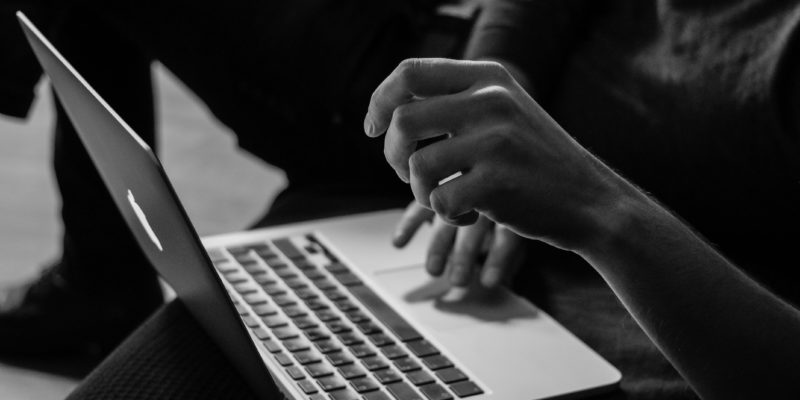How can journalists protect their mental health from online harassment?

Journalists have always been in the spotlight and now, with the rise of the use of social media, they are one of the main targets for online harassment. These attacks often includes threats to the journalists themselves and their families and are most commonly directed to women and their biggest consequences are psychological, according to an IFJ survey. Anxiety, stress and fear are, together with self-censorship, the main effects of online harassment on journalists.
The Committee to Protect Journalists (CPJ) has published a short guide on how journalists should protect themselves from this harassment: prevention measures to take in advance, how to act while being harassed online and how to safeguard their emotional wellness.
Pre-emptive steps to protect the journalists themselves include:
– Awareness. Journalists, particularly female journalists, are likely to encounter some form of online harassment.
– Use a password manager or create a long, unique password for your account, containing eight words or more.
– Check your privacy settings and consider using a service such as DeleteMe, which deletes personal information about you from the internet.
– Set up two-factor authentication on your accounts.
Immediate steps to take during online harassment or an attack:
– Stop looking at the harassment and ask a trusted friend, colleague, or other journalist to review content for you. Consider asking someone to review your mentions and other content and platforms where personal information may have been shared.
– Log off and get offline. Lock down all your accounts for at least 48 hours.
– Mute and block the user. Change notifications to limit the messages and notifications you see.
– Tell your boss and colleagues— or if you are freelance, your editor—so they can support you.
– Do not respond to the trolls. It is what they want
– If possible, save and document the content, either by taking screenshots of emails and messages, or saving voicemails. You may need records if you decide to report the abuse to the platform or police.
To take care of the emotional wellness:
– Take care of yourself. Eat food and drink water regularly. Seek out a therapist or counselor, if you have access to one. More information can be found in PEN America’s Online Harassment Field Manual
– Remember what kind of support helped you get through other tough times. It’s important to not isolate yourself, especially if you are a freelancer.
– You are not to blame for online harassment. Remember, it’s not personal and you are not a bad person. This, unfortunately, happens to a lot of people. Find out more at Heart Mob—a project set up by Hollaback!, a nonprofit working to end harassment.
– Try to weigh up the severity of the attack. When it’s at a low level, avoidance can be helpful. At the higher level, when safety can be at risk, it should not be ignored. It’s about balance.
– Social support helps, such as going to colleagues, friends or managers.
The Committee to Protect Journalists (CPJ) proposes more links to find more information:
- Hate campaigns – What you should do (Suomen Journalisilitto / Finnish Journalism Association)
- “Five ways to protect yourself against cyber hate and trolls” (Dart Center for Journalism and Trauma)
- “Advice from a psychologist” (PEN America Online Harassment Field Manual)
Photo credit: Sergey Zolkin






